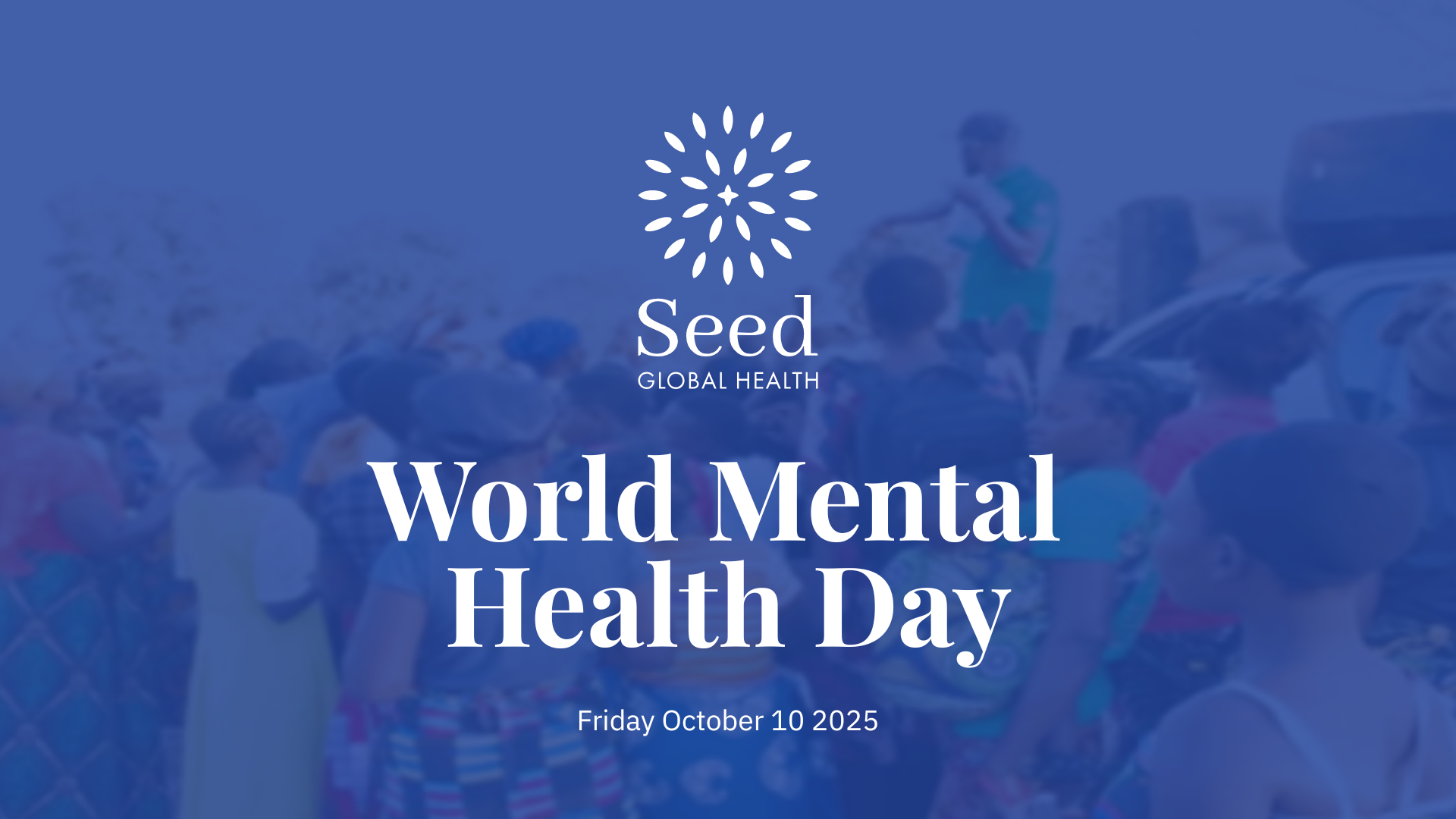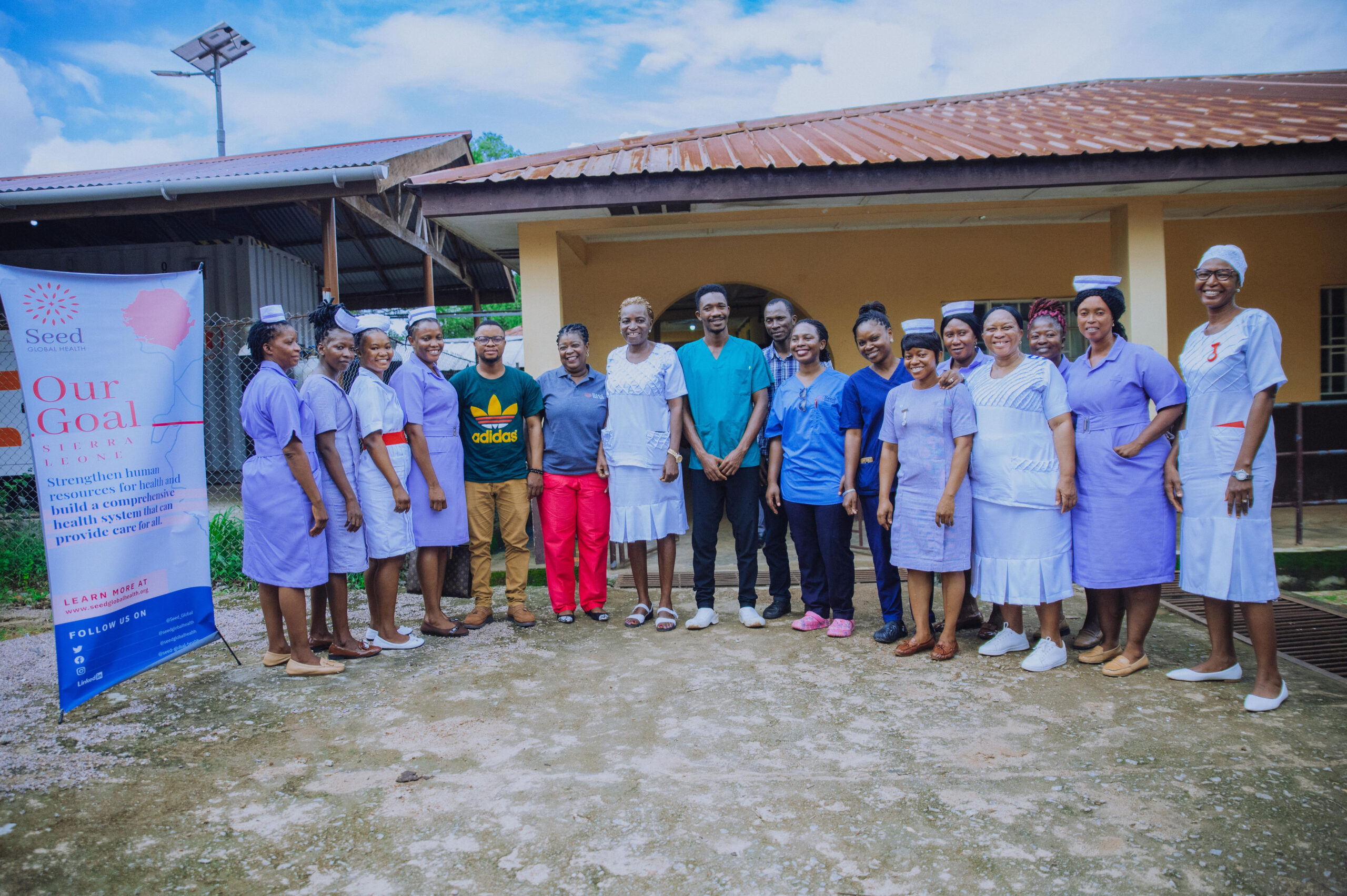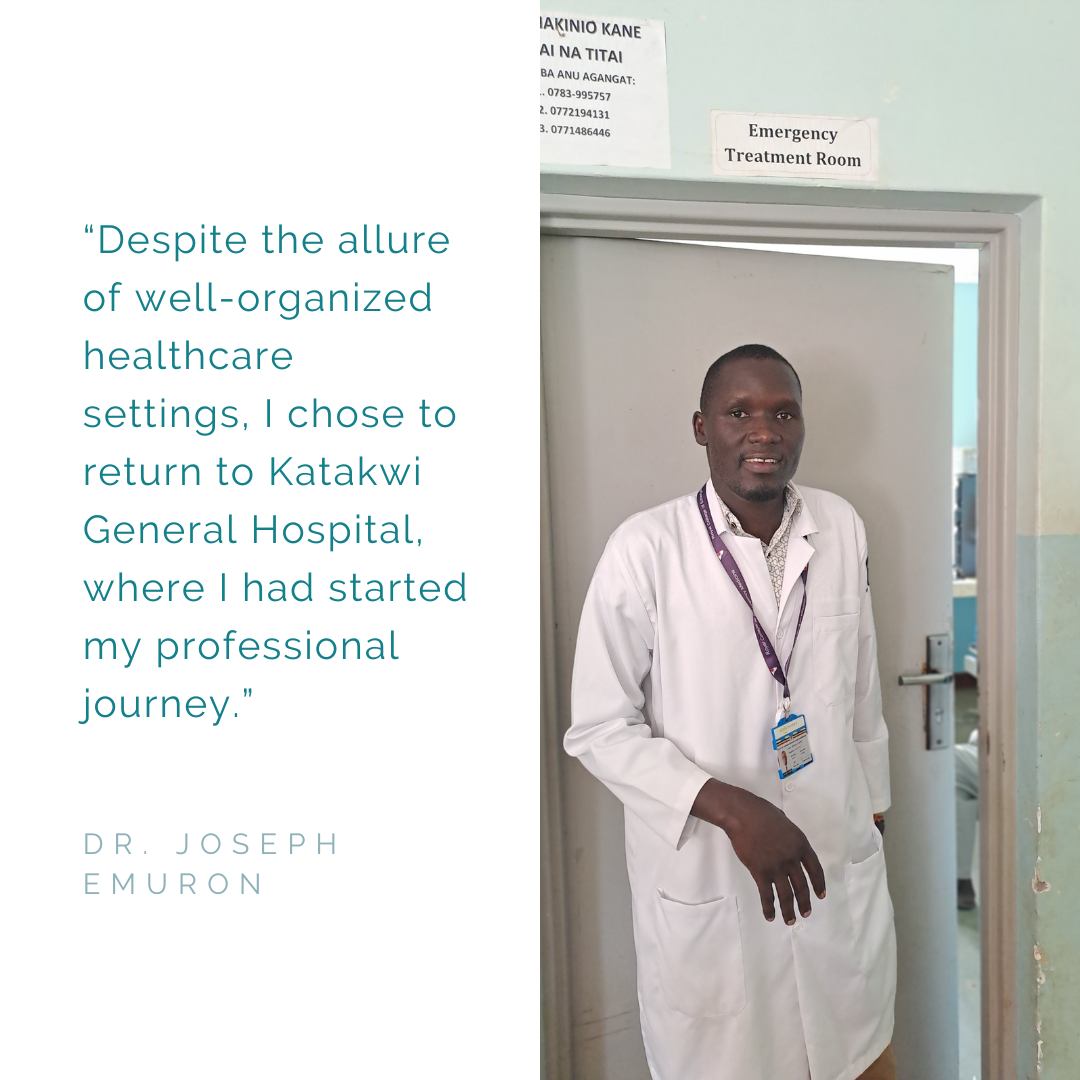
Bringing Emergency Medicine Home
Uganda’s newest emergency medicine doctors are prioritizing health equity and bringing services to the people who need them most
Dr. Joseph Emuron completed a Master of Medicine degree in emergency medicine from Uganda’s Mbarara University of Science and Technology (MUST) in 2022.
One of just a few physicians in Uganda with an advanced degree in emergency medicine, Dr. Emuron received several prestigious job offers upon graduation.
“Despite the allure of well-organized healthcare settings, I decided to return to Katakwi General Hospital in the Eastern region, where my professional journey had started,” said Dr. Emuron. Katakwi General Hospital serves four small districts in a relatively remote and rural area of Uganda and is located more than 60 kilometers from the nearest regional referral hospital.
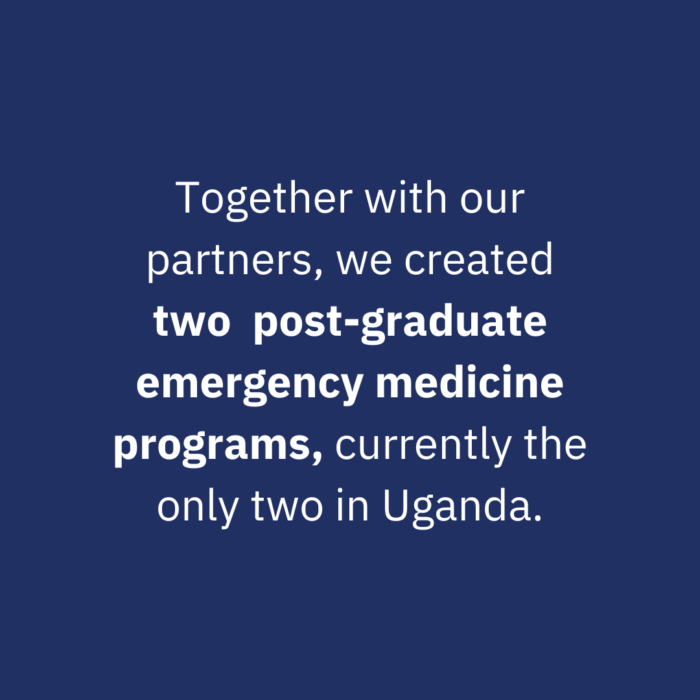
“Enabling universal access to high-quality emergency care not only saves lives, but also reduces unnecessary morbidity. My choice to graduate from MUST and return to Katakwi reflects my unwavering dedication to advancing emergency care at the grassroots level and fostering health equity,” said Dr. Emuron.
Globally, emergencies contribute the most to morbidity and mortality rates. And in low- and middle-income countries with health systems that are still being strengthened, the morbidity and mortality rates from emergencies are even higher.
In the wake of the COVID-19 pandemic, the government of Uganda prioritized strengthening emergency care, a decision which was further reinforced after the 2022 Ebola outbreak. A new National Emergency Medical Services Policy and Strategy commits to strengthening human resources for emergency care, including educating 400 emergency medicine physicians over the next ten years.
Seed Global Health joined forces with the Ministry of Health, Ministry of Education, and two universities, MUST and Makerere University, to educate emergency medicine physicians and faculty. Together with our partners, we created two three-year, post-graduate MMed emergency medicine programs at MUST and Makerere, currently the only two emergency medicine training programs in the country.
To date, MUST and Makerere have graduated 19 emergency physician specialists, like Dr. Emuron. And several graduates also have been trained as faculty, which will sustain the MMed programs long after Seed’s engagement.
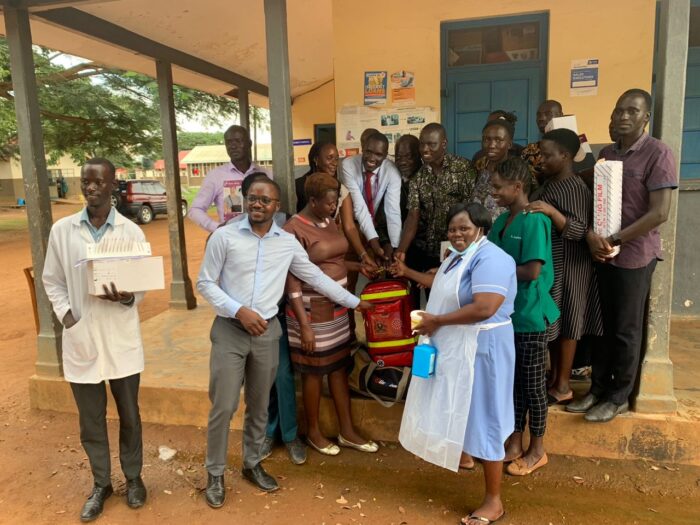
In Katakwi, Dr. Emuron is using his MMed to reinvigorate and strengthen the hospital’s emergency medicine services. “Eager to make a meaningful impact, I conducted a baseline assessment of the hospital’s emergency care capacity. This assessment revealed critical gaps, including a lack of dedicated emergency management space, limited knowledge and skills in emergency care, and delayed and uncoordinated responses to emergencies,” he said.
“[To solve these challenges], I am re-establishing an emergency room within the [hospital], creating a functional triage system, upgrading the resuscitation room, ensuring ambulance access, supporting the delivery of continuous medical education sessions for staff, and establishing a rapid response team.”
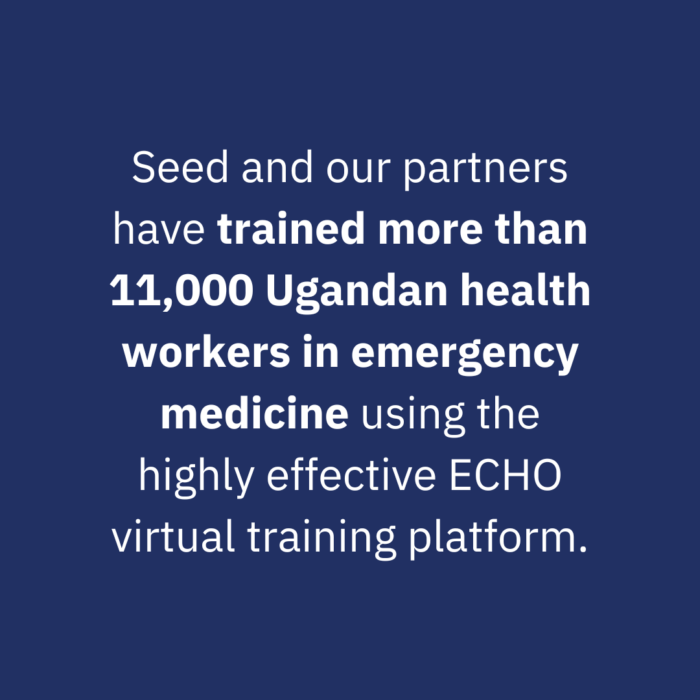
As part of our emergency medicine support to the Ministry of Health, Seed and our partners are training hospital-based rapid response teams across the country, like the one in Katakwi. Also known as ReACT teams, they are made up of existing members of the health workforce, including doctors, nurses, midwives, anesthetists, clinical officers, and more. The teams are trained to stabilize and manage a whole range of emergencies, including obstetric, both within and outside of hospital emergency departments.
Historically in Uganda, the response time for emergency patients has been greater than one hour and sometimes has exceeded four hours. This, coupled with weak referral systems and little to no teamwork among health workers when responding to emergencies, has led to life-threatening delays in care and poor health outcomes.
Together with our partners, Seed trains ReACT teams in two ways: 1) virtually through an evidence-based online training platform known as ECHO, and 2) in-person through skills courses, including the WHO basic emergency care, basic life support, and trauma courses. The multidisciplinary ReACT teams are trained to prioritize teamwork, emphasize each team member’s unique contributions, and ensure the availability of a well-equipped and well-trained team when an emergency arises.
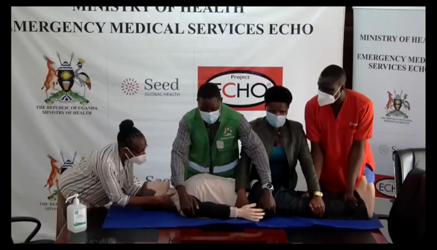
To date, Seed and our partners have trained more than 11,000 Ugandan health workers in emergency medicine via the ECHO platform, several of whom are working in emergency response teams at 19 hospitals across the country. The Ministry of Health plans to scale ReACT teams to all high-volume facilities in Uganda as resources become available.
With a pipeline of emergency medicine physicians and faculty in the works and a growing network of well-trained and well-resourced emergency response teams at hospitals and high-volume health facilities, Uganda’s emergency medicine capabilities are getting stronger every day.
